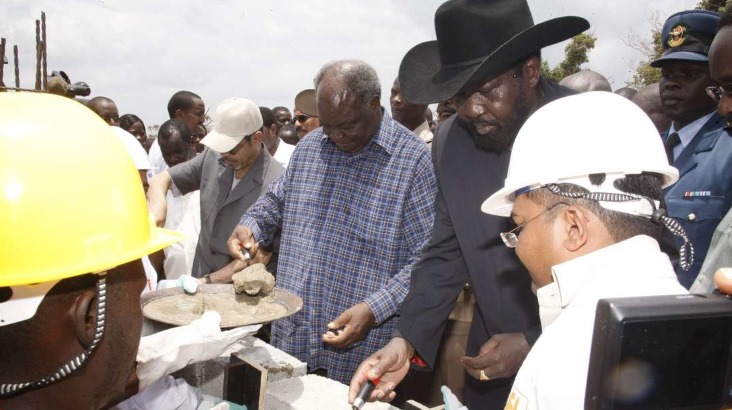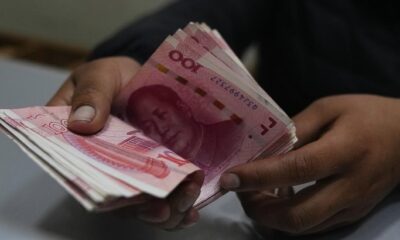Project News
Kenya sets up agency to oversee Sh2.5 trillion Lamu Port project
The agency will manage the implementation of the project on behalf of the State.

Kenya has set up an agency to oversee the implementation of the Sh2.5 trillion (US$29 billion) infrastructure project aimed to improve trade with Ethiopia and South Sudan.
The Lamu Port Southern Sudan Ethiopia Transport Corridor (Lapsset) Development Authority will manage the implementation of the project on behalf of the government, according to the outgoing President Mwai Kibaki.
“The headquarters of the authority shall be in Nairobi with field offices in Lamu, Isiolo, Lokichoggio, Marsabit and Moyale,” Mr Kibaki said in a gazette notice.
The agency will be run by a director-general under an 11-member board that includes five State officials, five private sector representatives and a chairman appointed by the President.
Lapsset project, a key component of the Vision 2030 economic blueprint, involves construction of a new sea port at Manda, a standard gauge railway line to connect Kenya, Ethiopia and South Sudan, a refinery, a pipeline to pump oil to South Sudan, resort cities and superhighways.
The tendering process for the construction work has already been completed and a contractor has been identified to start building the port.
Kenya and South Sudan have already kicked-off a fresh bid to boost trade between them with the planned construction of a Sh87.5 billion highway to link the two countries.
Kenya’s Roads minister Franklin Bett and his counterpart from South Sudan Gier Aluong last month said the two nations agreed to upgrade the 960km Eldoret-Juba road to international highway standards and construct a one-stop-border post at Nadapal as well we as several road amenities.
“The two countries view the road as being critical in promoting cross-border trade and making it easy for landlocked South Sudan to transport goods destined for the country through the port of Mombasa,” they said in a statement.
‘‘The World Bank has agreed to play a coordinating and facilitating role in seeking syndicated financing for the project estimated to cost Sh85 billion,” the ministers said.
South Sudan is opening up its economy to trade with partners in eastern Africa in a bid to consolidate its growth after it successfully seceded from Sudan in July 2011.












